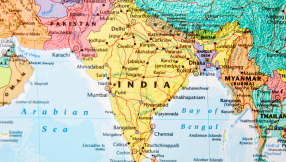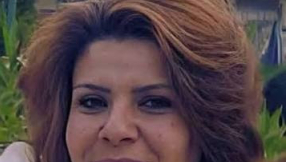Greek Orthodox priest killed in Syria
The body of the Reverend Fadi Jamil Haddad, pastor of St Elias Church in Qatana, outside Damascus, was discovered in the Jaramana district of the capital, reported Agenzia Fides, the Vatican news service.
The site was not far from the area where he was kidnapped by an "unidentified armed group" last Friday, the agency said.
The Vatican agency quoted a colleague as saying the priest had been "horribly tortured".
According to the LA Times, the official Syrian news service said the priest was found with a gunshot wound to his head. The government news agency blamed the crime on "terrorists", its usual characterisation of the armed opposition fighting to oust President Bashar Assad.
According to the official account, the priest was abducted while seeking the release of another person who had been kidnapped by militants.
However, the LA Times said, it was unclear if the priest's slaying was political, sectarian or criminal in nature. Many Syrians have complained of a breakdown in law and order and a spike in kidnapping for ransom and other crimes as security has deteriorated. Opportunistic criminals have moved to take advantage of the nation's security void.
The Vatican news agency reported that the priest's kidnappers had demanded a ransom equivalent to about $715,000 for his release. "It was, however, impossible to find the money and meet this exorbitant demand," reported Agenzia Fides.
Christian leaders in Syria say their community, which has ancient roots, is in a precarious position. The LA Times reported that some Christians have joined the rebellion and called for Assad to step down. However, many Syrian Christians back Assad, whose administration has been tolerant of religious minorities even as it has crushed political dissent.
The LA Times said Assad has tried to rally support among Christians and other minorities against the armed rebellion, which is led by the nation's Sunni Muslim majority. There have been reports from Syria of government efforts to arm Christian communities. But some Christian leaders have urged their co-religionists to remain neutral in the conflict.













